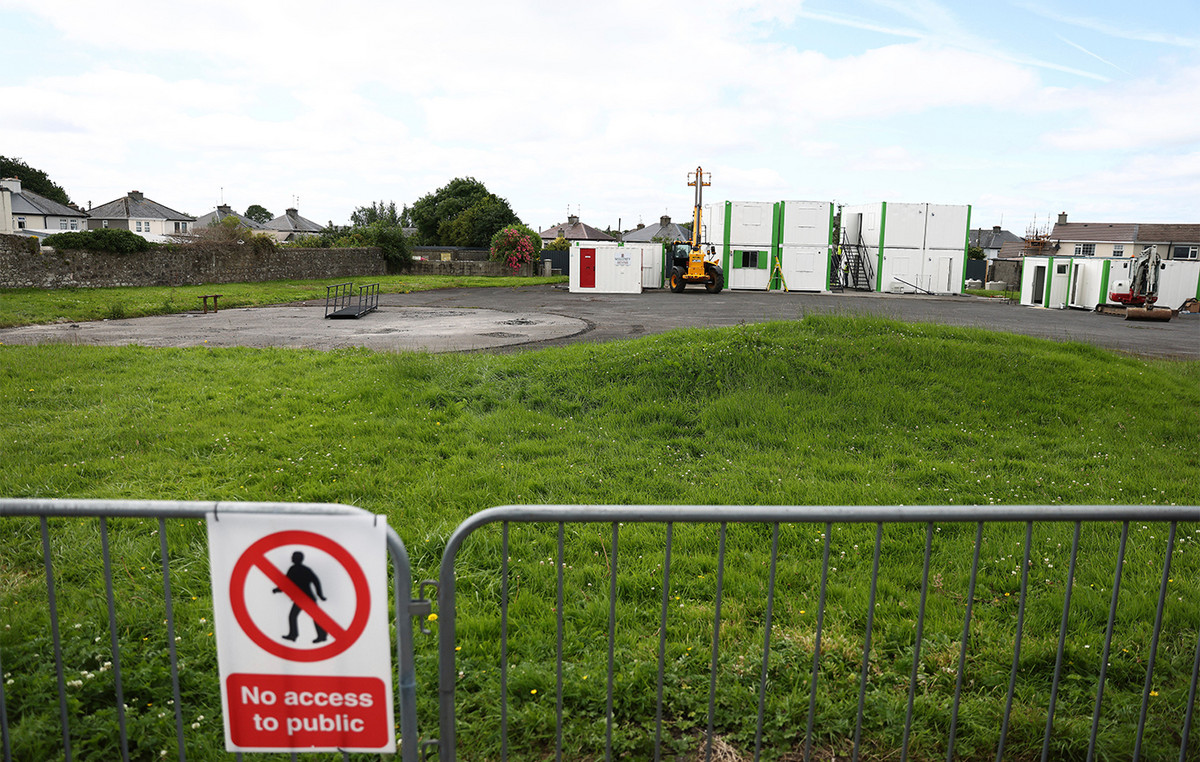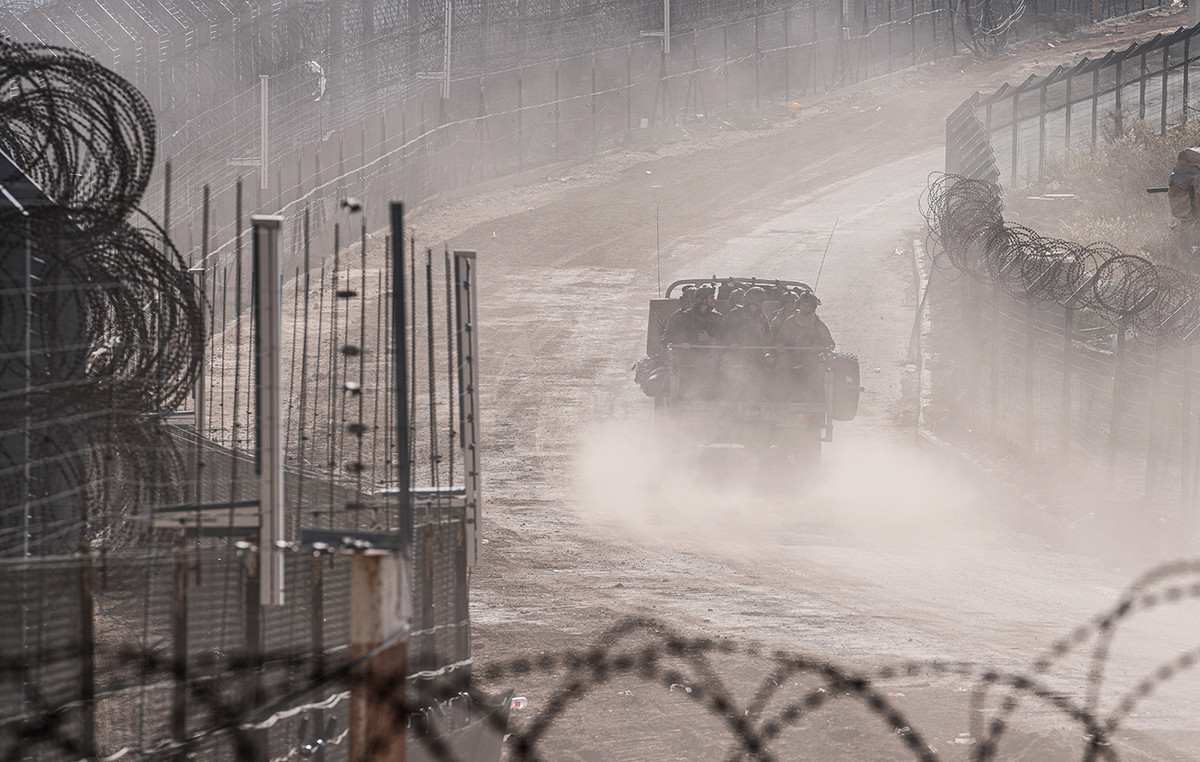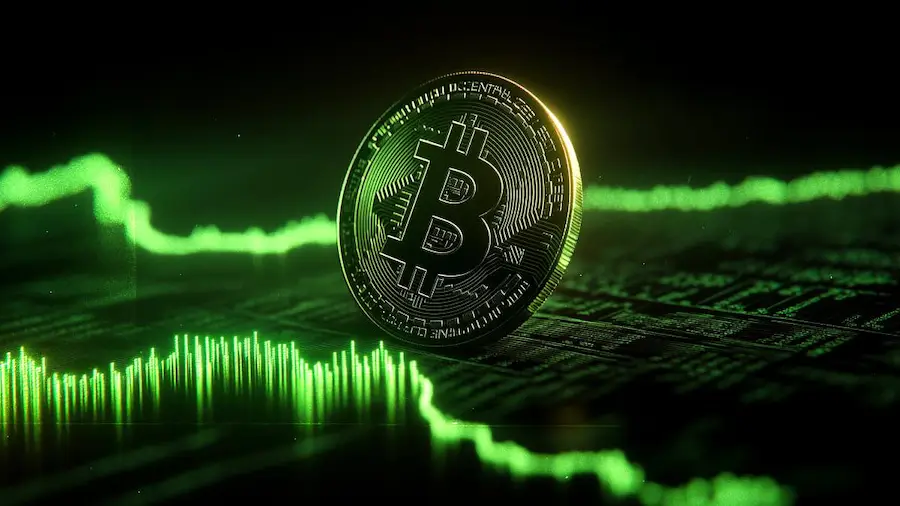Negotiators from Mercosur and the European Union will meet again next week, in Brasília, with the aim of finalizing a free trade agreement between the two blocs.
The discussions have evolved a lot in the last two months and left both sides hoping to finally announce the closing of the agreement at the Mercosur presidents’ summit, scheduled for December 7, in Rio de Janeiro.
The “Javier Milei risk” enters the background. The presidential baton passing in Argentina takes place on December 10th. Milei, leader in most polls, has already defended the exit from Mercosur in several interviews.
In the reserved assessment of Brazilian government officials, closing the agreement is a way of preserving Mercosur and convincing Milei to invest in the bloc. The ultraliberal wants a faster economic opening in Argentina.
If the government candidate Sergio Massa wins the elections on Sunday (19) and adopts a more protectionist management from a commercial point of view, as usually happens when a Peronist is in the Casa Rosada, Brazil will be able to carry out the agreement anyway — as long as it is signed.
In 2019, the countries of the South American bloc approved a “bilateral validity clause” for the treaty with the EU. This means that the agreement comes into force in one of the Mercosur partners as soon as it is ratified by the legislature of each country individually, without the need to wait for all of them — Brazil, Argentina, Uruguay and Paraguay.
In the last two months, according to reports made to CNN , there were relevant advances in the conversations. A new round of negotiations will be held between Thursday and Saturday next week.
Among the recent advances and on which there is a consensus perspective are the following points:
- Creation of a compensation mechanism for trade barriers. If one side establishes restrictions that harm the other side’s exports, it will be necessary to rebalance the level of market access with other concessions that were not initially foreseen. This is in response to the EU’s anti-deforestation law, which could close access to agricultural products mainly from Brazil.
- The Europeans accepted most of the requests made by Brazil to preserve the capacity for public policies through government purchases. This demand was made publicly by President Luiz Inácio Lula da Silva (PT).
- Argentina insisted — and Brussels would have already agreed — to more slowly eliminate import tariffs on imported electric cars. The request was presented by Buenos Aires and Brazil endorsed it.
The big pending issue, still to be resolved, is the creation of a fund worth 12 billion euros — more than R$60 billion at the current exchange rate — to help Mercosur countries implement environmental policies and reduce deforestation. The EU would finance this fund, but resists injecting so many resources.
On his return from COP28, in the United Arab Emirates, Lula will make a stop in Germany and meet with Prime Minister Olaf Scholz. They will probably talk about the deal.
In both blocs, a prevailing feeling is that there is a window of opportunity to conclude the treaty once and for all — but it is closing.
Spain, the biggest supporter of the agreement in the EU, presides over the bloc this semester. Then, it passes the baton to other European countries that are much less interested in the topic. Belgium leads the group in the first half of 2024. Then comes Hungary. None of them have special engagement with South Americans.
In Mercosur, Brazil will be succeeded by Paraguay. Paraguayan President Santiago Peña has already said that he does not intend to keep negotiations ongoing if they are not closed by Lula by December 7th.
Source: CNN Brasil
Bruce Belcher is a seasoned author with over 5 years of experience in world news. He writes for online news websites and provides in-depth analysis on the world stock market. Bruce is known for his insightful perspectives and commitment to keeping the public informed.







